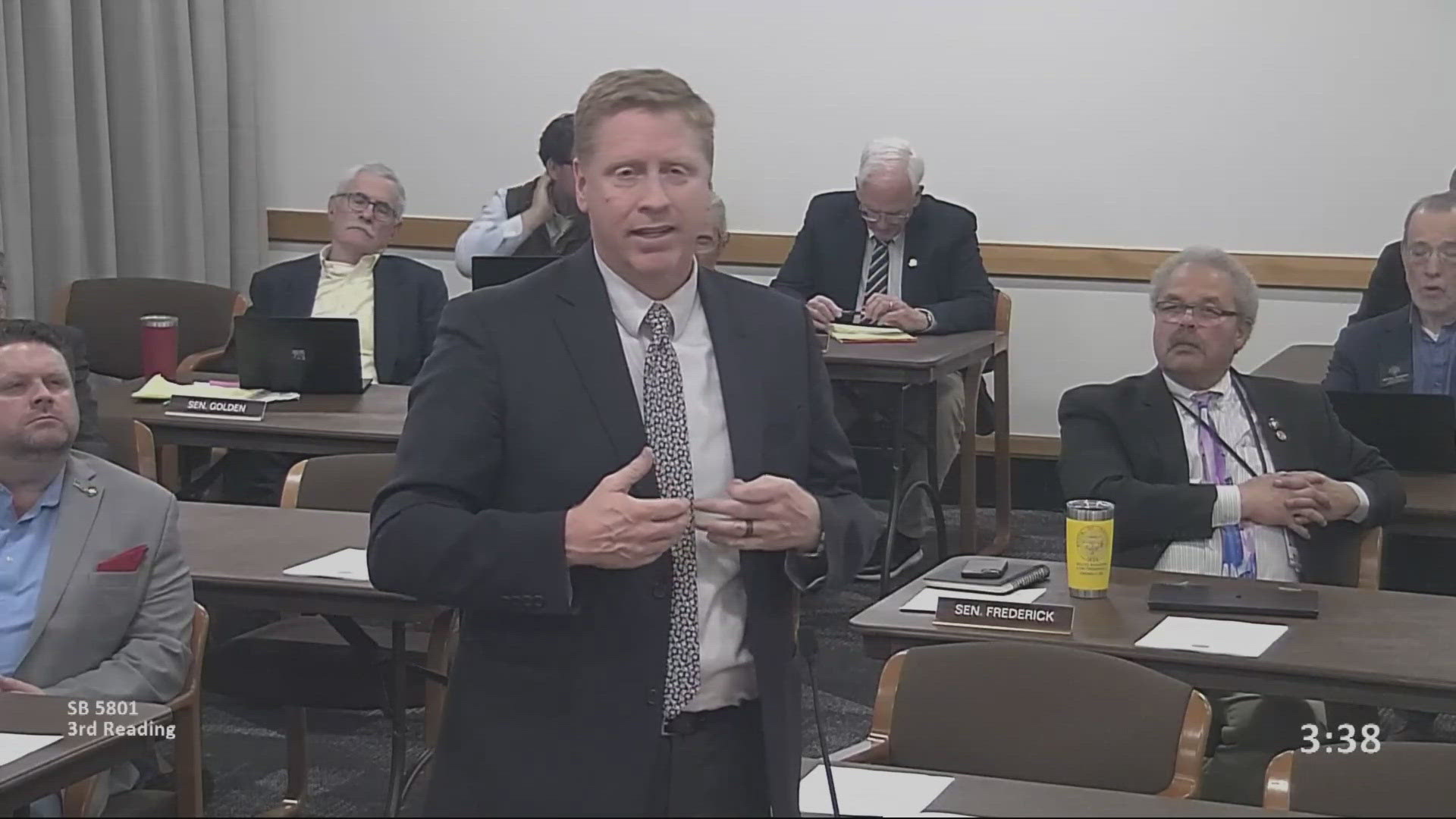PORTLAND, Ore. — The Oregon Legislature approved a roughly $218 million bailout to cover the costs of last summer's record-breaking wildfire season during a special session on Thursday.
A record 1.9 million acres burned across the state, surpassing the previous record set during the 2020 Labor Day wildfires. The devastation brought on record-high costs upwards of $350 million, putting the Oregon Department of Forestry and Oregon Department of the State Fire Marshal in a deep financial hole.
Overall, the wildfires destroyed at least 42 homes and 132 other structures, and at one point, there were 10,000 firefighters in Oregon.
ODF said in September that it had exhausted its funds and turned to Oregon's Emergency Board, which allocates emergency money to state departments when the state legislature isn't in session. The emergency board approved a $47.5 million request for ODF from a variety of funding sources. But much more was needed.
Gov. Tina Kotek called for the special session on Nov. 26 to ask legislature to free up a total of $218 million. This would go toward paying firefighters and contractors who helped battle the wildfires for months.
Republican Sen. Fred Girod, of District 9, spoke about how his family lost their home in the 2020 Labor Day Fires. Girod said he and his family had spent thousands of hours making the house their home. Then one day, "Everything that makes you 'you' is gone.”
The money is coming from two places. The first portion is $107.9 million from the emergency fund, which is used to pay for expenses that come up while legislature is not in session. If the emergency fund had $218 million in it, a special session likely would not needed to be called and the funds could simply be transferred over.
The other portion, $109.3 million, comes from general funds not spent. Each biennium, the legislature estimates how much tax revenue the state will receive and allocates it while in session. The ending balance with the current biennium, which ends on July 1, 2025, is projected to be much higher than anticipated — nearly $1 billion more than expected.
“Today, we made the right decision. We made sure the state paid its bill and kept its promises to veterans and frontline responders,” said Democratic Rep. Paul Evans, who represents Monmouth, Independence, West Salem and South Salem.
Once Kotek signs the bill, the funds are expected to be released within a few days.
During the special session, both the Senate and the House echoed that the state needs to be more pragmatic in prioritizing wildfire mitigation. Three of the last five years have eclipsed costs of $120 million, a dramatic increase from the average seen over the last 10 years of $75.5 million.
Senate Republican Leader Daniel Bonham, R-The Dalles, cautioned Thursday to not simply treat the symptoms of a "much larger problem."
“We can’t keep reacting to wildfires after the fact. Let’s work together to prevent them from happening in the first place," he said.
KGW's Luisa Anderson, Pat Dooris and Evan Watson contributed reporting to this article.

